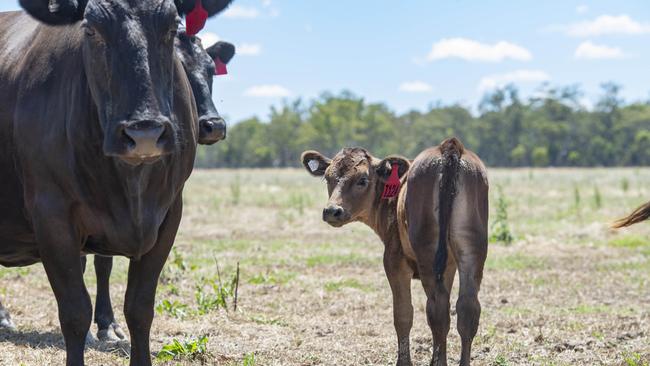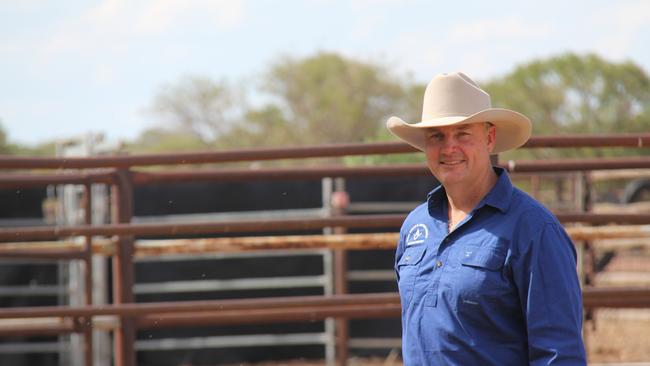AACo methane trial highlights challenges for asparagopsis
Australia’s longest trial of methane-reducing supplements in Wagyu cattle has highlighted challenges for the industry. Discover why.

Australia’s longest-ever trial of methane-reducing feed supplements in Wagyu cattle has had mixed results, casting a shadow on a product many say holds the key to reducing red meat’s greenhouse gas emissions.
The Australian Agricultural Company released its annual sustainability report on Wednesday, detailing initial results from a trial of the feed supplement asparagopsis.
It showed that while the product was reducing emissions, it was also reducing the amount of feed the cattle were eating, resulting in a lower carcass weight — a key driver of profitability.
Asparagopsis, which is being commercially manufactured by Tasmanian-based company SeaForest, is a red seaweed that has been found to prevent the formation of methane in a cow’s stomach. It has been found to reduce methane emitted in cattle burps and farts by up to 98 per cent in a laboratory setting.
For AACo, introducing the supplement to its cattle herd could massively reduce the company’s overall emissions, 85 per cent of which come from methane.
The company has struggled to bring its emissions down through other methods. This year, its emissions increased 13 per cent to 650,987 tonnes of greenhouse gases as the company increased its herd.
And the supplement could play an even bigger role in Australia’s national emissions footprint — 10 per cent of which is produced by the red meat sector, mostly as methane.

But AACo’s sustainability report expressed hesitancy in a further rollout of the supplement.
“Whilst we have seen some positive results through this trial, is has highlighted a number of challenges that still need to be resolved before applying asparagopsis more broadly in our operations,” the sustainability report stated.
During the trial, 80 Wagyu cattle were fed a twice-daily ration of asparagopsis for 300 days.
Initial results showed that methane emissions from the cattle were reduced, but “feed intakes were slightly lower which led to slightly lighter carcass weights,” the report stated.
In positive news, the trial confirmed the beef produced from cattle fed asparagopsis was safe for human consumption.
The Weekly Times has contacted AACo for comment.
Meat and Livestock Australia, which co-funded the trial, said in a statement the full results of the trial would be published in July.
“The trial results will provide valuable information that will help guide future research and development into this technology,” MLA managing director Jason Strong said.
“Projects like this are important for Australian producers to better understand new and innovative products such as asparagopsis. A whole range of research is currently underway to help to develop and refine this technology, both via MLA investments and other investments such as the Commonwealth Government’s MERiL program (methane emissions in livestock).”
The AACo trial is one of several underway around the country to assess the effectiveness of feed supplements, and one of the first to publish results.
A trial currently underway at Stockyard Beef’s Kerwee feedlot site is also closely looking at the effect of the supplement on cattle weight.
“If the cattle don’t like eating the seaweed, their (feed) intake could reduce and they may not gain (weight) as well. Those things have important implications for a feedlot setting,” Bovine Dynamics lead researcher Melissa George told the Weekly Times last year.





